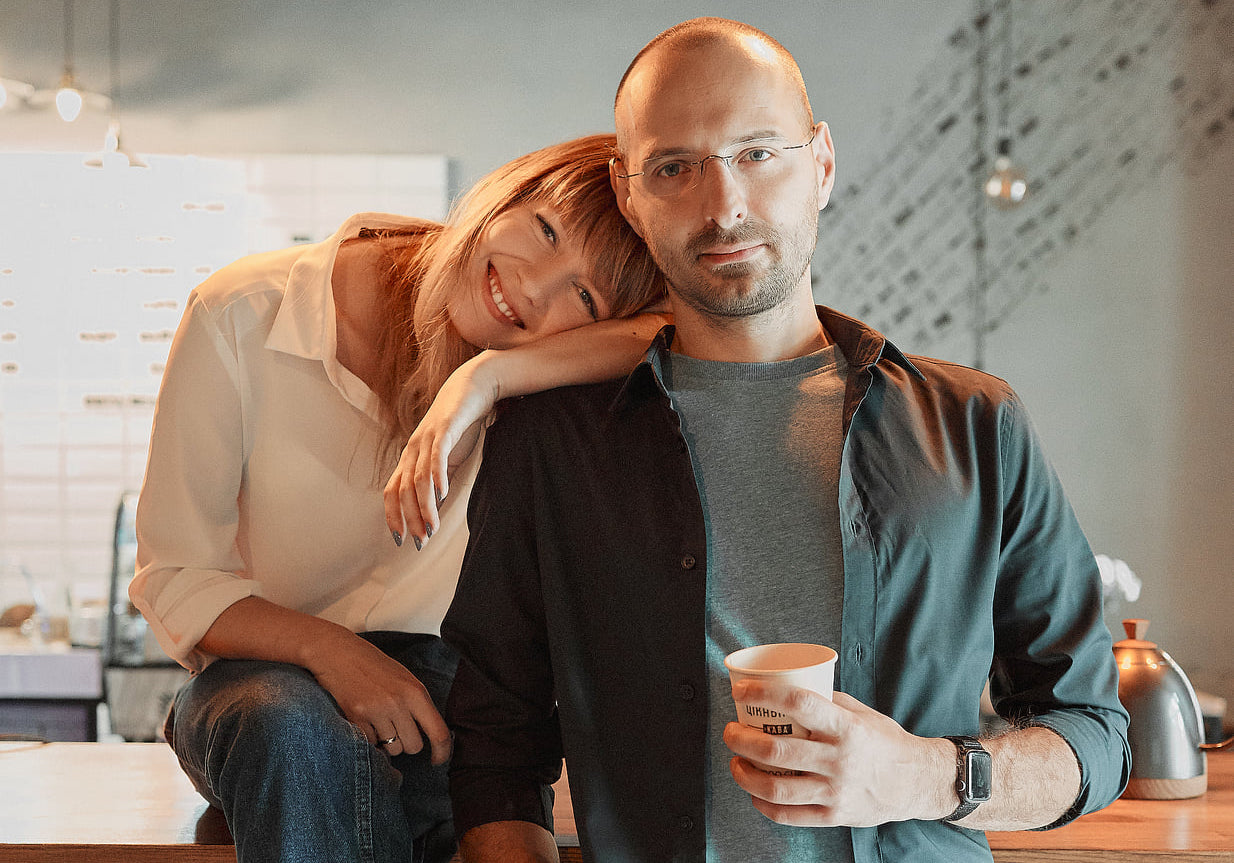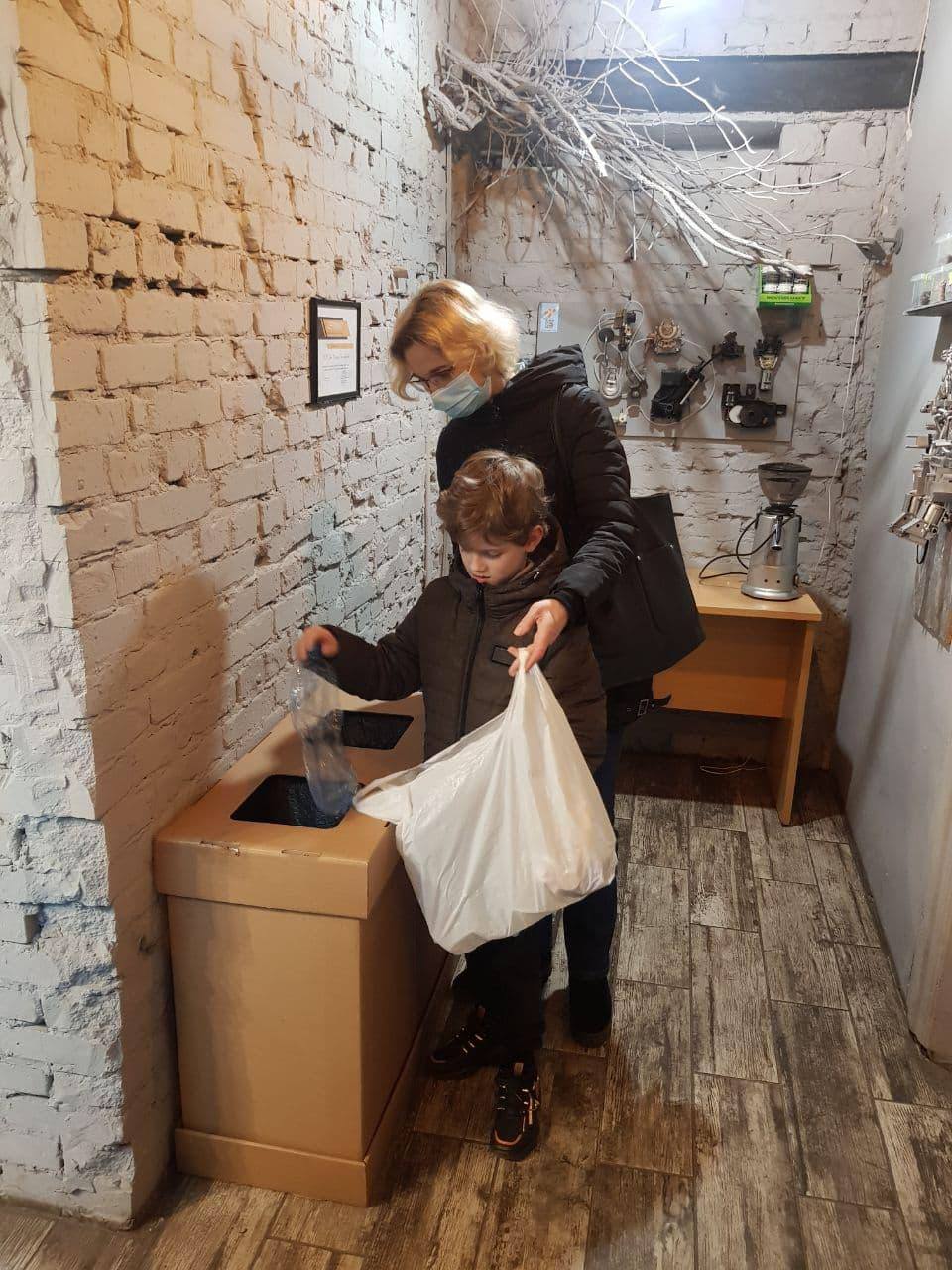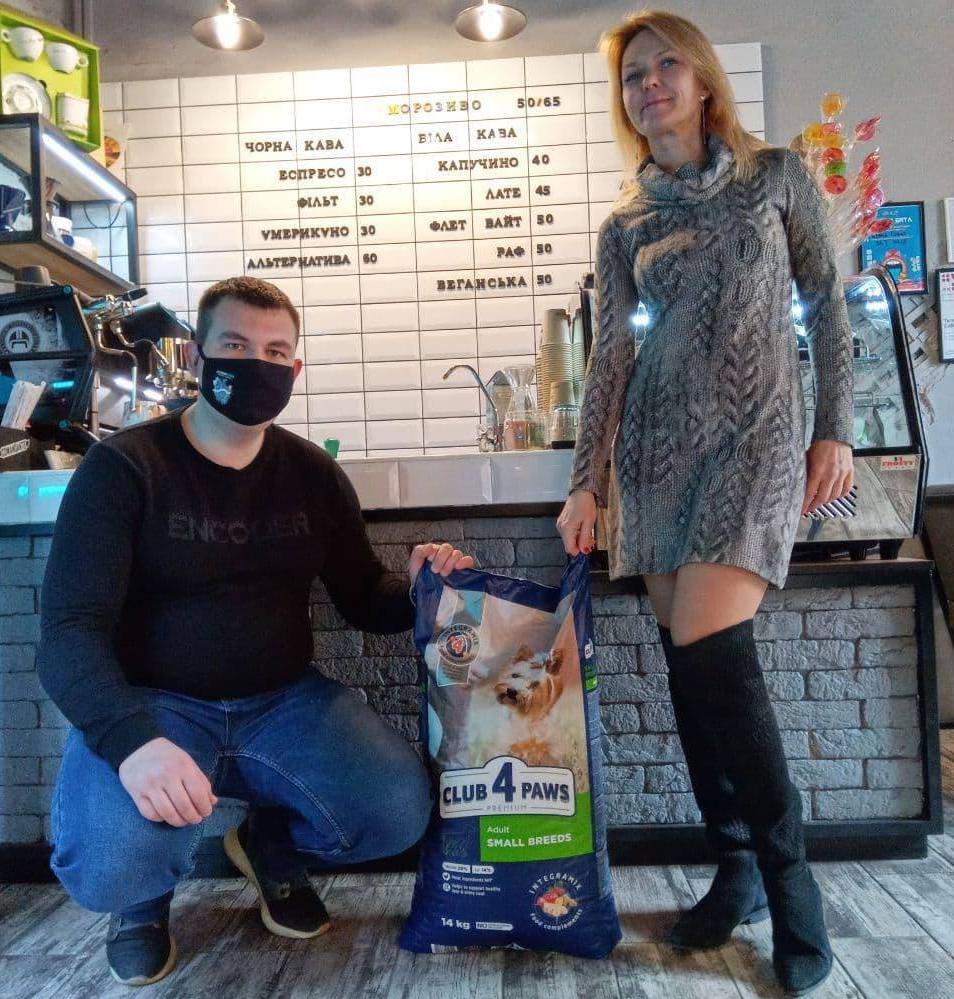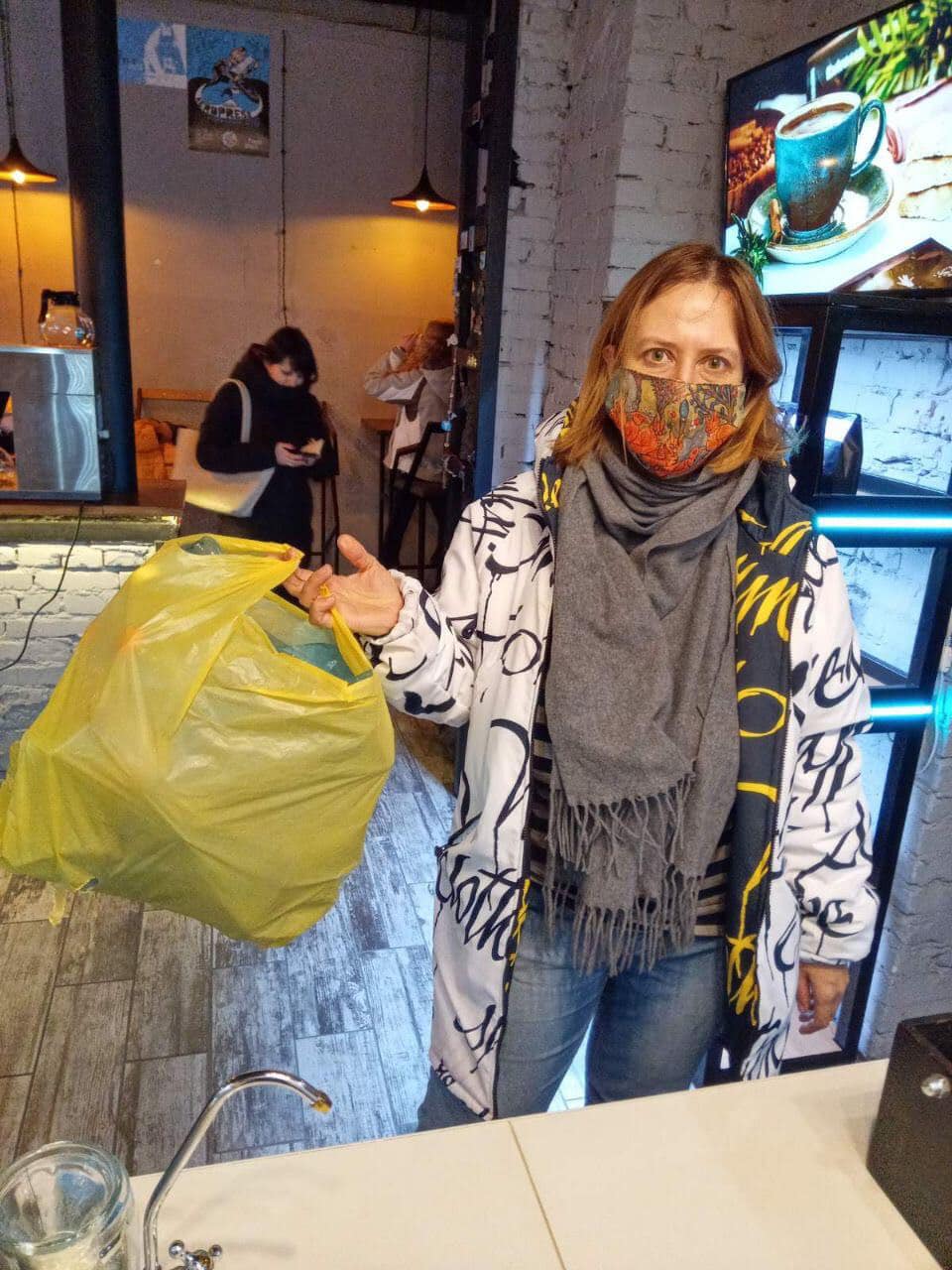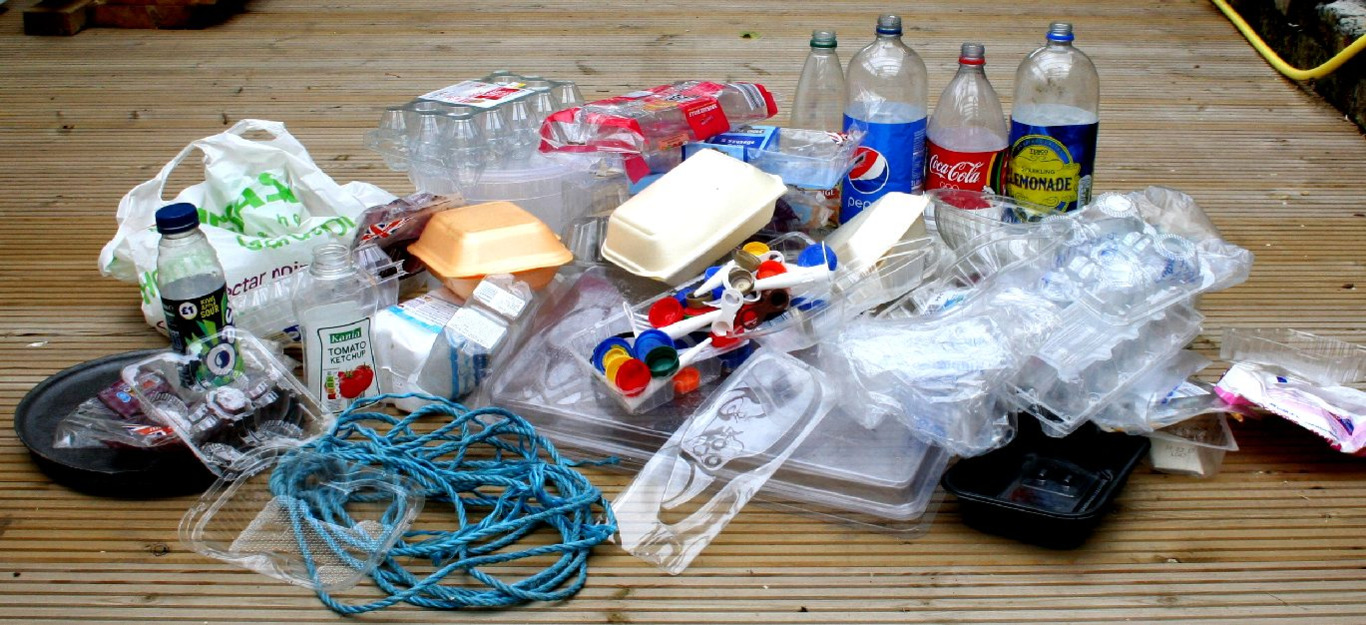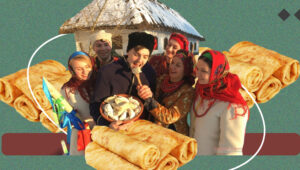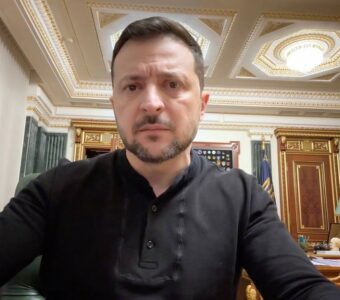Paying with plastic instead of money: how an eco-friendly coffee shop operates in Dnipro
Besides collecting plastic for recycling, the coffee shop also helps animal shelters, cooperates with charities, and plants trees. And it proves that environmental business is possible.
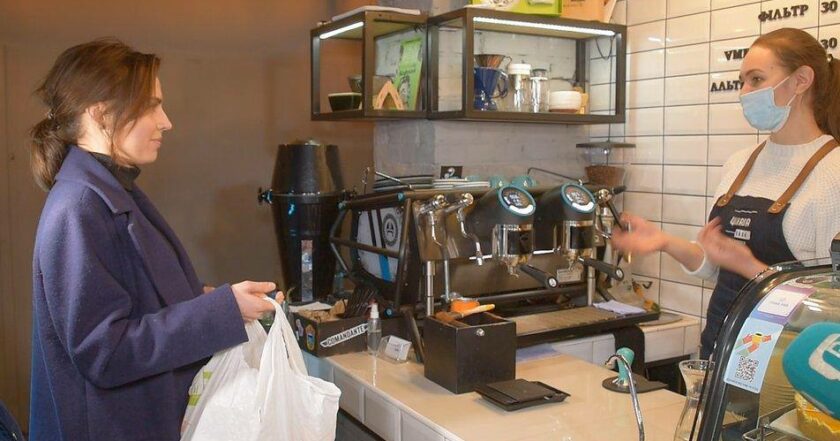
Plastic waste is one of the major problems of our time. Every minute so much rubbish gets into the ocean that an entire garbage truck could hold it. The total area of the floating "garbage islands" is already being compared to the territory of France multiplied by three. This same minute, about a million new plastic bottles are sold on the planet, and most of these containers will sooner or later end up in the ocean without being recycled. Experts believe that if nothing changes, by 2050 the amount of plastic in the oceans may exceed the number of fish.
Because of the looming environmental catastrophe, the role of environmental projects and startups aimed at promoting waste sorting is booming, as it should be an integral part of modern life. And they have a result! Currently, 80-90 percent of waste is recycled in some European countries, and only a small portion of it ends up in landfills. Moreover, Denmark even buys garbage from neighbors! In Ukraine, the situation is radically opposite; a tiny percentage of citizens sort garbage, although there are more and more opportunities. Some people don't know where to start, and some just don't understand the importance of sorting.
A charity project was launched at one of Dnipro's food venues, the purpose of which is to draw attention to the importance of plastic recycling and demonstrate that sorting can be easy and pleasant. For the second month in a row, in the cafe "Tsikava Kava," you can get a cup of delicious coffee in exchange for plastic waste. The initiators were the owners of "Tsikava Kava," Dmytro Sobko, and his wife Tatiana, who've been sorting garbage at home for over a year.
A garbage bag for a filter-coffee
To hold the initiative, Tetiana and Dmytro installed special boxes for collecting plastic bottles in the cafe. Anyone can bring a bag of pressed plastic bottles to "Tsikava Kava" and get a drink of their choice.
- for 5 kg bag of bottles: filter coffee or Americano
- for 10 kg, filter coffee: Americano, or espresso
- for 15 kg package: filter coffee, Americano, espresso, latte, or cappuccino.
And 5/10/15 kg isn't the weight of plastic bottles, but the approximate volume of the bag.
"According to statistics, hundreds of thousands of tons of solid household waste are dumped in landfills in Ukraine every year, of which plastic bottles and plastic bags make up from 40 to 70%! But more than 20 points are collecting and recycling secondary raw materials in our city. With the help of our initiative, we wanted not only to encourage Dnipro residents to sort but also to show that there are enough organizations that gladly buy the plastic they've collected to send it for recycling. We decided to start by collecting bottles because it's one of the most common types of plastic, and the easiest to sort and recycle," Dmytro Sobko explains.
What bottles are recycled?
- Transparent multi-colored bottles of drinks, oil, dairy products (marked РЕТ or Рете, and figure 1);
- Bottles of household chemicals, certain dairy products (HDPE, PEHD, LDPE or PE, and figure 2 or 4).
How to prepare plastic?
- Step 1: Remove all wrapping and labels from the bottles (if possible), dispensers;
- Step 2: Wash and dry the bottles;
- Step 3: Squeeze so that they take up less space.
Bring bottles, get coffee, help animals
In the first two weeks, people brought little garbage, only 10 kg. But thanks to the information being spread about the initiative on mass and social media, the cafe collected almost six times more in a month. They started a virus of a healthy attitude to sorting! For 56 kg of plastic, brought to the cafe by visitors, they made 73 cups of coffee. The money from selling garbage (the processing plant pays 5.5 hryvnias for 1 kg of plastic) was redirected by environmental activists to help animals. UAH 1,000 for the collected plastic turned into feed for abandoned animals in the shelter of the Right to Life Foundation.
The commitment of Dnipro residents inspired the owners of "Tsikava Kava" so much that they decided to continue the initiative and remain a "green cafe" in the future. Now you can not only bring bottles for further recycling but also buy coffee, with part of the proceedings turning into tree seedlings, as well as get a discount if you come with your cup. In addition, the initiative "Drink coffee — Find a friend!" is open in the cafe all April. For this, they put stickers with photos and stories of abandoned animals from the "Loyalty. Animal Protection Society." Thus, by buying coffee from "Tsikava Kava," someone can fulfill an old dream and make a friend.
"We can't stop the waste apocalypse or, for instance, cure all diseases or save all abandoned animals. But we can always change something for the better. And most importantly, people started talking about it! After the stories and posts came out, many people contacted us for waste recycling services and animal shelters to contact them directly."
It's not the first charitable initiative for the Sobko family. "Tsikava Kava" is a partner of the donor movement: donors are treated to coffee here. Since November last year, together with the agency PRoector, they launched another challenge, "Good Barista." The bottom line is that anyone can become a barista and invest an hour of their work behind the bar in any chosen charity project: from expendables for the intensive care unit of the children's regional hospital to helping a horse shelter and buying a device for measuring clean air. During this time, more than 150 people of different professions – doctors, bankers, journalists, lawyers, actors, IT specialists, directors – individually and as whole teams, turned coffee into help for those in need.
Naturally, the movement has influenced the popularity of the cafe among visitors. After all, we can agree, it's much more pleasant to drink coffee, knowing that it can bring not only pleasure but also benefit to someone. The #coffee_against_plastic campaign was supported by Odesa, Sumy, Kyiv, Lviv, Ivano-Frankivsk, and there were even responses from Italy. But the vital thing is that they managed to draw the attention of many Ukrainians to the problem of plastic collection and recycling and support those who've long wanted to try their hand at sorting garbage but didn't know how to do it and where to go.
"We're strongly convinced," says Tetiana Sobko, "that we need to start any change with ourselves. Therefore, we try to inspire our cafe's guests and business colleagues to transform society by our own example. We hope that our social experience will be useful to our colleagues and inspire them to new ideas."
Plastic instead of money
Where else can you pay for services or products with plastic instead of money? We've collected the most interesting examples:
- The Kyiv cafe "Altruist" accepted plastic caps from their visitors within the "No Waste Ukraine" project. Those who brought more than 10 pieces and more lids with certain labeling, were also treated to free coffee. In total, as much as 100 kg of caps were collected for the initiative, which was sent for processing to street furniture.
- In London, there's a pop-up cafe that offers customers to exchange plastic waste for vegetarian food. This unusual form of payment is designed to remind people of the value of raw materials and resources. Rubbish Café was created by Ecover, a Belgian cleaning company producing cleaning products. To manufacture its products, Ecover uses only 100% recyclable plastics.
- In India, they opened a network of food venues where they feed the homeless in exchange for plastic. Lunch in such cafes, receiving funding from local municipalities, will "cost" a kilogram of plastic, and breakfast will cost half a kilogram. Thus, the program helps to fight the problem of plastic garbage and provides food for the poor. Similar projects have also been successfully implemented in Belgium and Cambodia.
- In Rotterdam, the exchange of waste for coffee was launched by a local businessman, who constantly saw piles of waste in the park after the influx of guests. The idea was supported by the city authorities: now cafe visitors can get a bag to collect waste and take part in the initiative. In the Netherlands, it's one of many environmental projects. The country has long been processing organics into new products, collecting containers through recycling kiosks, and building bridges from recycled materials.
- In the small town of Polla, near Salerno in southern Italy, Ex Libris Cafe bookshop encourages children to read and do something good for the environment. It offers free books to students who bring one plastic bottle and one aluminum can for recycling. That is, books are offered in exchange for waste. The books donated to this initiative are so-called "deferred books," it's like when you buy two coffees: one for yourself and the other one as an anonymous gift for the next customer in need. The bookstore owner hopes that spreading such projects will have tremendous results for both the environment and the minds of children and adults.


